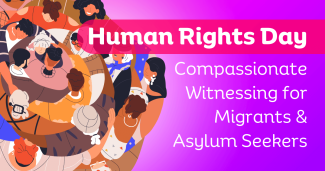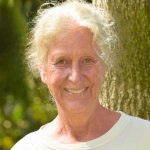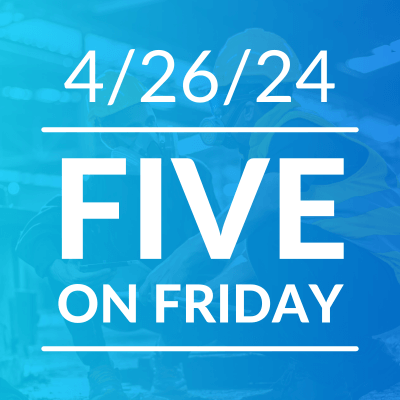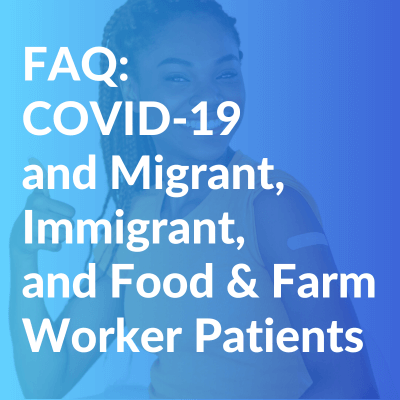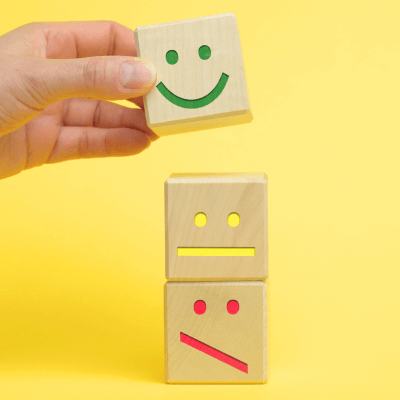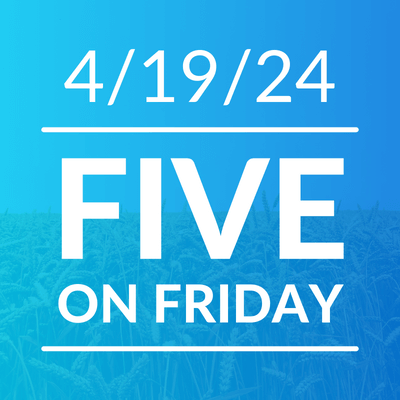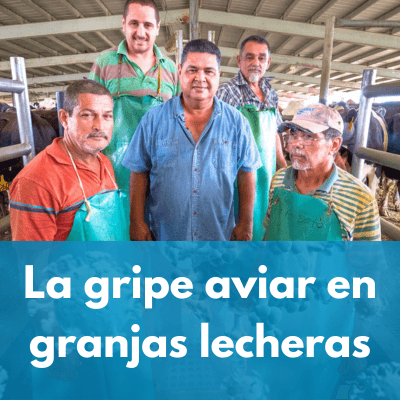Human Rights Day: Compassionate Witnessing for Migrants & Asylum Seekers
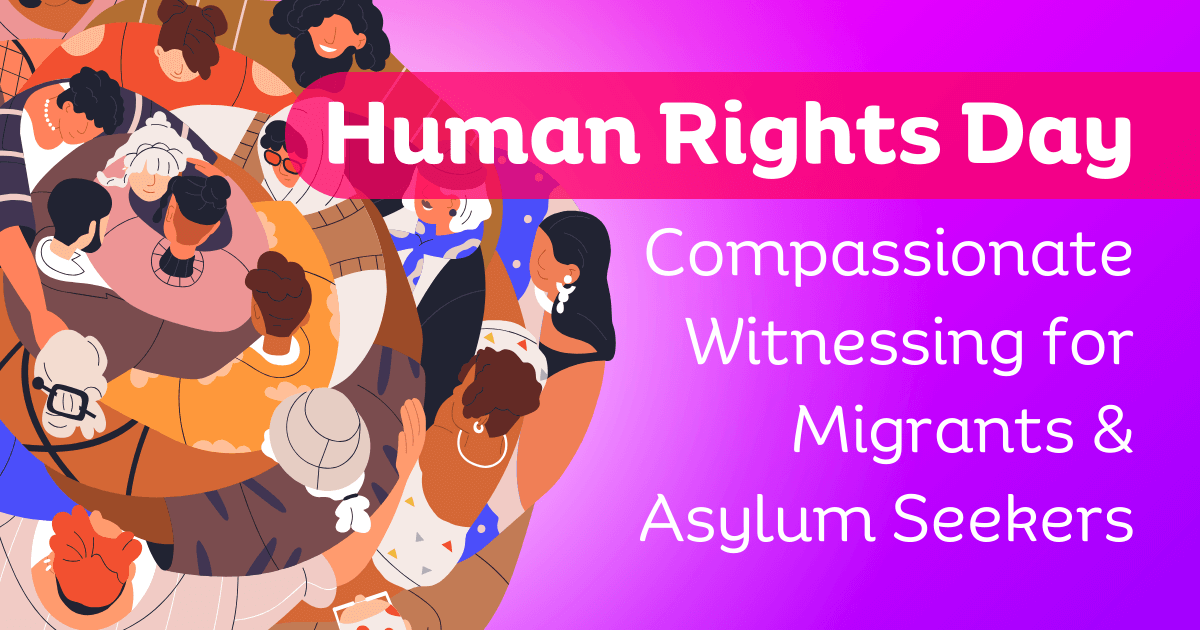
[Editor’s Note: Here on our blog, MCN’s Director of Witness to Witness, Kaethe Weingarten, PhD, shares stories, resources, and helpful tips to support health care workers through the many stressors of their daily lives. Dr. Weingarten also offers a newsletter (called the W2W Update), filled with resources, recent articles, and her news and views.]
Wooden seats
Lined up
Facing the setting sun
The man takes his seat
A wave of silence passes over him
To disguise his identity
The next two days
No words spoken
This Sunday, December 10th, which is Human Rights Day, marks the 75th anniversary of Universal Declaration of Human Rights (UDHR) proclamation. The UDHR sets out unalienable rights that everyone is entitled to as a human being --regardless of race, color, religion, sex, language, political or other opinion, national or social origin, property, birth, or other status. The document is the most translated document in the world--more than 500 languages -- a significant distinction.
The 30 human rights and freedoms from the document includes many rights, like to be free from torture, freedom of expression, and education. It also declares the right to seek asylum.
This Thanksgiving, my 13-year-old granddaughter gave me a packet of materials she had prepared for a class, based on an interview I had given her about my maternal grandfather’s journey to this country in 1912. She wrote up the interview itself, created a short story based on one part of what I had told her, and wrote a poem based on her imagining of what he had experienced crossing the border from the country of his birth to the country from which he hoped he could transit to the United States. The poem, one stanza of which is featured above, is called “Silence” because her great-great grandfather could not speak for two days on the train he rode for fear his accent would give away that he had no papers that allowed him to travel.
Her great-great grandfather crossed physical borders, which she has not, but she has crossed a border we all can. That border is the border of imagination, in which we are able to imagine another’s experience. That may be the most essential border crossing any of us can make. When we imagine another’s circumstance, when we allow ourselves to imagine another’s plight, when our empathy is stimulated, we are likely to want for others what we want for ourselves. Imagination is a critical force that makes it more likely that we can understand another person’s situation.
But imagination is not enough. With only our imagination, we run the risk of assuming that what our own mind conjures is the other person’s reality. Most of us know that the surest way to discover what another person is thinking or feeling is to ask. Clinicians who work with migrants, immigrants, and asylum seekers are positioned to ask about their lives and to use their imaginations to understand what their patients tell them. These kinds of conversations, many of which are brief and take place while attending to urgent medical matters, often make a huge difference to the person who gets to tell even a slice of their story.
The Declaration of Human Rights does not include the right be to known or the right to be understood. Nor am I suggesting it is an omission in the Declaration. But it is something that all of us have in our power to offer to those we know well and those we know barely at all. We can offer witnessing, the activity that is at the heart of the Witness to Witness Program. What exactly is witnessing? I have defined it in many ways in different contexts. In this context I mean that when we are open to learning about the experience of another and engaging with the person to fully understand what they are telling us about themselves, we are witnessing them. If we also reflect back to them what we have understood, and the person feels understood by us, then our witnessing is effective, likely welcome and, in some small measure, validating. In some contexts, being witnessed compassionately can produce a measure of relief. Migrants, immigrants, and asylum seekers all benefit from this kind of compassionate witnessing.
There is one more action within this crossing the border of imagination that we can take: we can recognize that the joy we may have available to us is not available to millions of people. The point of crossing that imagined border is not to “bring us down,” but rather to bring us to something concrete we can do any time, anywhere. We can show kindness. I think this is a season where the light of small gestures of kindness make a difference. Yes, in December, and yes, on all days, every day.
- Log in to post comments
